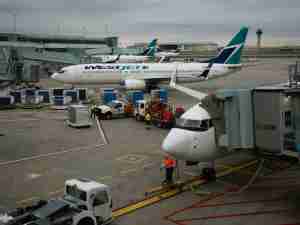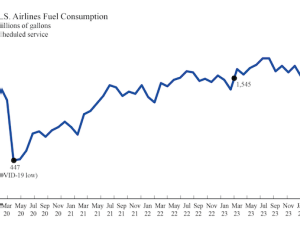Poland's state-controlled LOT Airlines said it would seek compensation from Boeing for grounding its two planes. It expects delivery of three more Dreamliners by the end of March, but would only take them if the technical issues have been resolved, deputy chief Tomasz Balcerzak told a news conference.
The lightweight, mainly carbon-composite plane has been plagued by recent mishaps, raising concerns over its use of lithium-ion batteries. An All Nippon Airways domestic flight made an emergency landing on Wednesday after warning lights indicated a battery problem.
Boeing shares fell 1.3 percent, or about 88 cents, to $73.44 in early New York Stock Exchange trading, hitting their lowest point in about two months. For the first few weeks of the recent spate of incidents, the stock held up relatively well compared with the broader market, but in recent days has weakened as analysts grew wary of the costs Boeing may face.
"While it is entirely possible that the current battery issue is resolved in short order, it is also equally possible that the 787s current certification could be called into question," BB&T Capital Markets analyst Carter Leake wrote Thursday, cutting his rating on the stock to "underweight."
The U.S. Federal Aviation Administration (FAA) on Wednesday temporarily grounded Boeing's newest commercial airliner, saying carriers would have to demonstrate the batteries were safe before the planes could resume flying. It gave no details on when that might happen.
It is the first such action since the McDonnell Douglas DC-10 had its airworthiness certificate suspended following a deadly crash in Chicago in 1979, analysts said.
Boeing has sold about 850 of its new planes, with 50 delivered to date. Around half of those have been in operation in Japan, but airlines in India, South America, Poland, Qatar and Ethiopia, as well as United Airlines in the United States, are also flying the 787, which has a list price of $207 million.
Schedule Gaps
With most of that Dreamliner fleet now effectively out of action as engineers and regulators make checks, primarily of the plane's batteries and complex electronics systems, airlines are wrestling with gaps in their scheduling.
Japan Airlines Co said it canceled eight Dreamliner flights between Tokyo and San Diego until Jan. 25, affecting some 1,290 passengers, and would switch aircraft for another 70 flights scheduled to fly the 787. Air India said it would use other planes on scheduled Dreamliner flights.
Qatar Airways, whose Chief Executive Akbar Al Baker had been one of the most outspoken critics of delays and technical problems with the 787, said his airline would ground its fleet of five planes.
"We ensure all our aircraft meet the most stringent safety standards and this will not be compromised in any way," he said in a statement.
Keeping the 787s on the ground could cost ANA alone more than $1.1 million a day, Mizuho Securities calculated, noting the Dreamliner was key to the airline's growth strategy.
Regulators in Japan and India said it was unclear when the Dreamliner could be back in the air. A spokesman for the European Aviation Safety Agency said the region would follow the FAA's grounding order.
Boeing said in a statement it was confident the 787 was safe and it stood by the plane's integrity.
Passengers leaving United's flight 1426 in Houston, which took off from Los Angeles moments before the FAA announcement, reported an incident-free trip. "I fly over 100,000 miles a year," said Brett Boudreaux, a salesman from Lake Charles, Louisiana. "That was one of the most relaxing flights I've ever had. I hope they sort it out. It's a hell of a plane."
'Worst Thing'
Scott Hamilton, an analyst at Leeham Co, an aerospace consulting firm in Seattle, said having a plane grounded "is about the worst thing th








